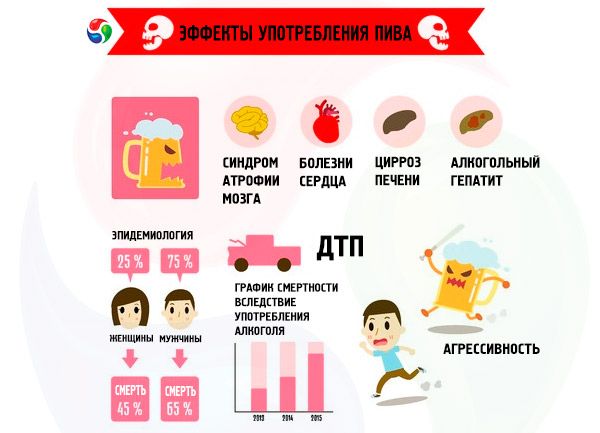New publications
Beer, just like wine, has a positive effect on the heart
Last reviewed: 01.07.2025

All iLive content is medically reviewed or fact checked to ensure as much factual accuracy as possible.
We have strict sourcing guidelines and only link to reputable media sites, academic research institutions and, whenever possible, medically peer reviewed studies. Note that the numbers in parentheses ([1], [2], etc.) are clickable links to these studies.
If you feel that any of our content is inaccurate, out-of-date, or otherwise questionable, please select it and press Ctrl + Enter.
Beer, like wine, has a positive effect on the cardiovascular system, say Italian scientists. This effect can be achieved through regular and moderate consumption of the drink.
Using a statistical meta-analysis approach, the study combined various scientific studies conducted around the world and in previous years. It was thus possible to study data from more than 200,000 people for whom alcohol consumption was a risk factor for cardiovascular disease.
The results confirmed what was already known about wine: Moderate consumption (about two glasses a day for both men and women) can reduce the risk of cardiovascular disease by up to 31%. This is the first study to show a dose-dependent effect of alcohol consumption and heart disease prevention.
The maximum positive effect of beer is observed when consuming a drink in a volume of 0.5 liters, containing 5% alcohol, per day.
"In our studies," explains Simona Costanzo, author of the article, "we looked at wine and beer separately: at first, there is a reduction in cardiovascular risk - with low and moderate consumption. Then, as the volume of alcohol consumed increases, you can see that the positive effect disappears, while increasing the risks of developing many other diseases. The interesting part of our study is that we used data from 12 studies, as a result of which we were able to directly compare the consumption of wine and beer. Using this data, we were able to notice that the risk curves for the two drinks overlap closely."
But beer, like wine, is an alcoholic beverage, so we must be careful about its consumption. "We are talking," says Augusto di Castelnuovo, head of the Statistics Department of the Research Laboratories, "about regular but moderate alcohol consumption. For example, you can drink one glass of beer during lunch with family or friends."
"The data presented in our meta-analysis," Di Castelnuovo emphasizes, "cannot be extrapolated to all young women of childbearing age, since alcohol can increase the risk of developing certain types of cancer."

The mechanisms by which beer and wine may benefit heart health remain unclear: Are the effects scientists are seeing due to alcohol alone or to other substances in the drinks? Wine and beer are different in composition except for alcohol, so alcohol is likely the main player. But both drinks contain polyphenols, albeit different ones. Scientists are planning to conduct additional studies to determine which substances are beneficial for the heart.

 [
[